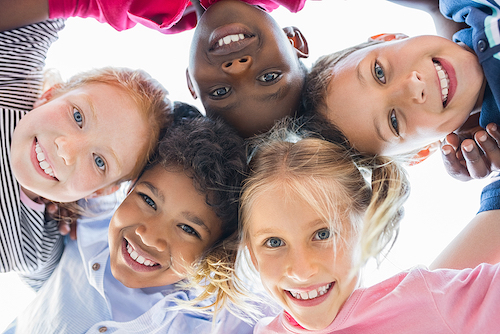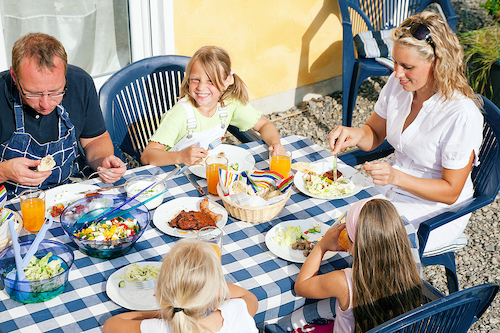March 25, 2025
by Patricia Tomasi

A new study published in the Journal of Child Development looked at Indigenous perspectives on the child–caregiver bond from a northwest tribal community. “Our study is about uplifting the experiences, perspectives and knowledges regarding parenting young children that are held by members of a Northwest tribal community,” Sara F. Waters told us. “In particular, we wanted to center Indigenous knowledge of and approaches to the child-caregiver bond.”
[More]
March 18, 2025
by Patricia Tomasi

A new study published in the Journal of Child Development looked at the determinants of socioemotional and behavioral well-being among First Nations children living off-reserve in Canada. “Our study focused on positive health outcomes among young First Nations children,” study author Sawayra Owais told us. “Specifically, we examined Indigenous and non-Indigenous-specific determinants associated with positive well-being among First Nations children living off-reserve in Canada.”
[More]
March 11, 2025
by Patricia Tomasi

A new study published in the Journal of Child Development looked at mother–child collaboration in an Indigenous community. “Changes in family life related to globalization may include reduction in the collaborativeness observed in many Indigenous American communities,” study author Barbara Rogoff told us. “The present study examined longitudinal changes and continuities in collaboration in a Guatemalan Maya community experiencing rapid globalization.”
[More]
January 29, 2025
by Elizabeth Pratt

Did your parents have a favorite child?
Research published in the Psychological Bulletin suggests they may have and the factors contributing to favoritism may surprise you.
[More]
January 28, 2025
by Patricia Tomasi

A new study published in the Lancet looked at associations between childhood trauma and childhood psychiatric disorders in Brazil. “This study looks at the impact of childhood trauma exposure on the mental health of adolescents at ages 15 and 18 in a Brazilian birth cohort,” study author Megan Bailey told us. Bailey is an ESRC-Funded PhD Researcher in the Department of Psychology at the University of Bath.
[More]
January 14, 2025
by Patricia Tomasi

A new study published in the Journal of Child Psychology and Psychiatry looked at the contribution of childhood lead exposure to psychopathology in the US population over the past 75 years. “We set out to determine the toll that leaded gasoline took on the US population’s mental health over the past century,” Dr. Aaron Reuben told us. “We knew it would be higher than anyone previously understood.”
[More]
December 17, 2024
by Patricia Tomasi

A new study published in JAMA Network looked at a nature-based intervention and the mental health of schoolchildren. “We found that a 12-week nature-based intervention in Grades 5 and 6 did not lead to overall reductions in mental health symptoms, according to both per-protocol and intent-to-treat analyses,” study author Marie-Claude Geoffroy told us.
[More]
November 30, 2024
by Elizabeth Pratt

One in five parents worry their children don’t have friends or don’t have enough friends.
Results from the University of Michigan Health C.S. Mott Children’s Hospital National Poll on Children’s Health found that 90 percent of parents think their children would like to make new friends.
[More]
November 28, 2024
by Elizabeth Pratt

COVID lockdowns caused many families to eat more meals at home, and it may have had an unexpected benefit.
Research published in the journal Couple and Family Psychology: Research and Practice found that families who ate together more often during the COVID-19 pandemic experienced in increase in quality family time during dinners.
[More]
October 22, 2024
by Patricia Tomasi

A new study published in Environmental Health Perspectives looked at the combined exposure to folate and lead during pregnancy and autistic-like behaviors among Canadian children from the Maternal-Infant Research on Environmental Chemicals (MIREC) Pregnancy and Birth Cohort. “Our study assessed whether the relationship between blood-lead concentrations during pregnancy and childhood autistic behaviours could be mitigated by folate concentrations or folic acid supplementation,” study author Joshua D. Alampi told us. “We hypothesized that the relationship between lead and autistic behaviours would be stronger among study participants with low folic acid supplementation and lower plasma-folate concentrations.”
[More]